Areopagus Lectures
The Areopagus Lectures were inaugurated to extend the mission of MARS HILL AUDIO into our local community. In launching the Areopagus Lectures, MARS HILL AUDIO hopes to stimulate conversation among our neighbors about how to navigate this time in the Church’s history with wisdom, courage, and hope. By recording these important presentations and the subsequent live discussion, we can share what we are learning here in central Virginia with a wider audience.
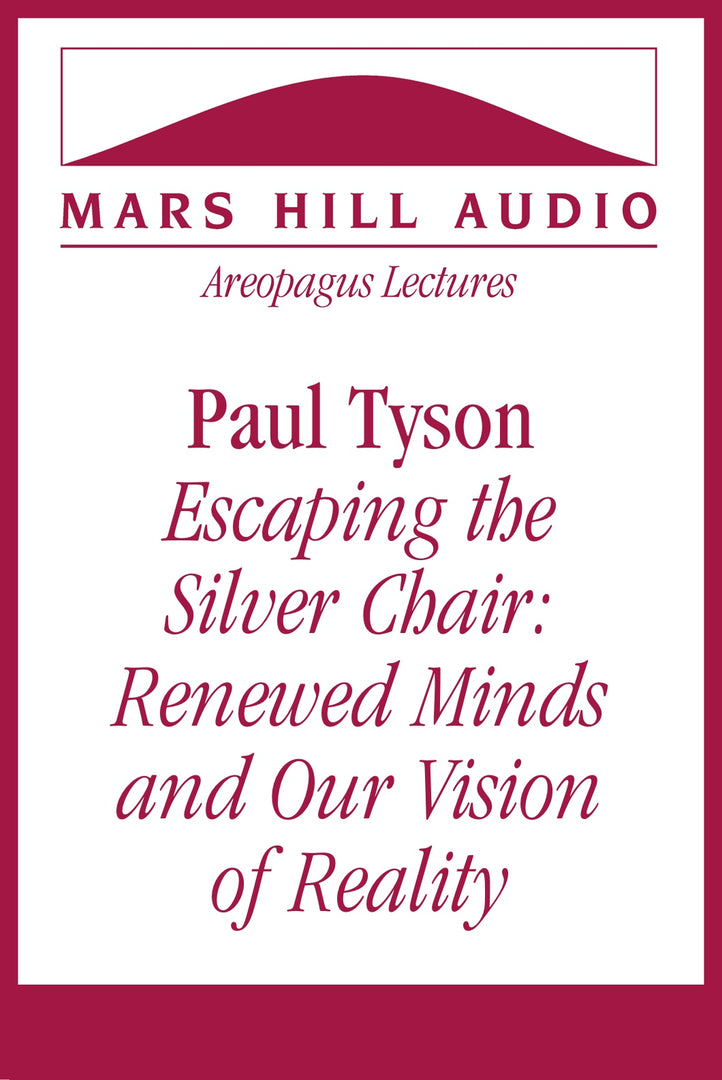
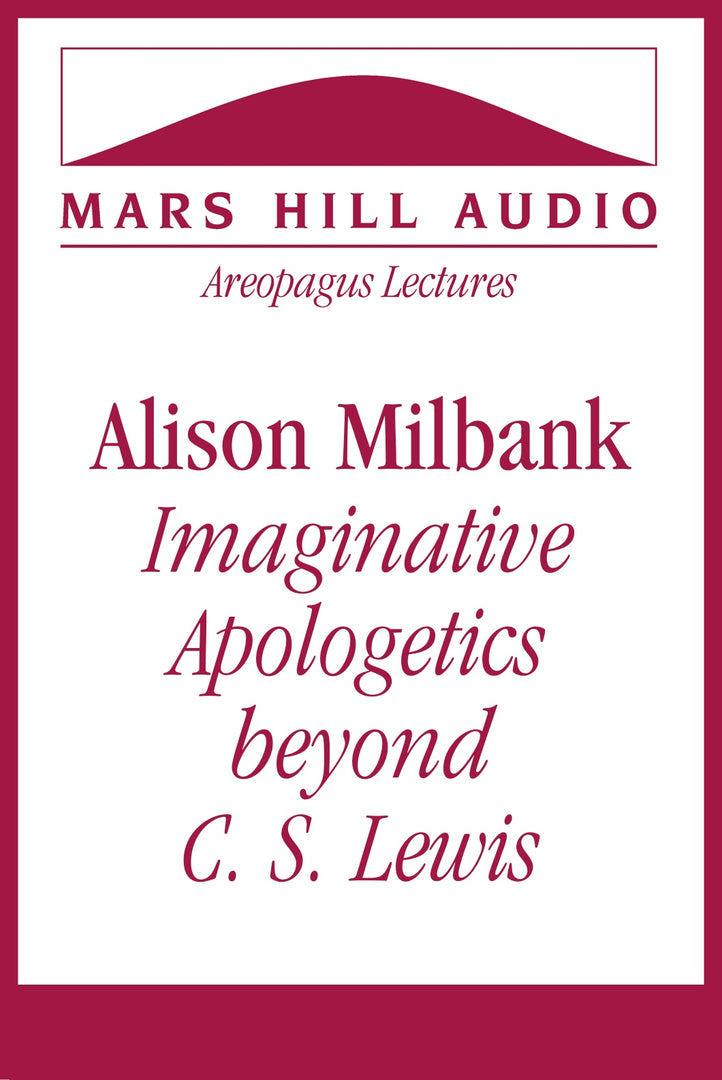
In his autobiography, Surprised by Joy, C. S. Lewis wrote that the early Romantics “taught me longing - Sehnsucht; made me for good or ill, and before I was six years old, a votary of the Blue Flower.” The Blue Flower, a symbol popularized among the early Romantics by the poet Novalis, represented a transforming encounter with beauty that provoked feelings of desire and longing for transcendence. But, as Milbank explains in her talk, Lewis understood his initial encounters with beauty as separable from his later longing for heaven, toward which he redirected his earlier feelings after he converted to Christianity. For Lewis, while his initial encounters with beauty may have awakened him to longing and the absence of something, they did not bring him closer to the knowledge of heavenly realities.
Lewis famously wrote in an essay published in 1939 that “reason is the natural organ of truth; but imagination is the organ of meaning. Imagination, producing new metaphors or revivifying old, is not the cause of truth, but its condition.” In other statements and in his poem “Reason,” Lewis suggests that not only are reason and imagination distinct from each other, but that they are opposed and that we experience this opposition internally as an irreconcilable tension.
Lewis’s understanding of the imagination featured most prominently in a series of exchanges with his friend Owen Barfield that became known as “C. S. Lewis’ ‘Great War’ with Owen Barfield” (explored in depth by Lionel Adey in his book of the same title). Lewis’s view of the imagination differed from Barfield’s (and earlier Romantics, such as Coleridge and Novalis) in that the imagination was helpful when it came to aesthetic concerns, but unessential as a way of knowing the truth about things. By contrast, as George Tennyson explains in his essay “Owen Barfield: First and Last Inkling,” Barfield thought that the “Imagination” was the only means by which we could perceive or comprehend anything at all.
The distinction between these two views on the imagination can have significant consequences for how we view the rest of Creation. For Barfield, and for his predecessor Novalis, the Blue Flower both awakens us to an absence within ourselves and to a presence that resides in the creatures and things around us. As Dr. Milbank explains, “For Novalis, Nature is a magic petrified city which lies as if under a spell and it’s the task of the philosopher-poet to bring this frozen entity back to life by means of his imagination.” With the two-fold “longing for” and “awareness of” some other presence produced by the Blue Flower, the rational response is to enter into a relationship with the Blue Flower and to receive it as a loving gift. For the Christian, this gift is then offered back with gratitude to God.
In her lecture, Alison Milbank challenges “disciples” of C. S. Lewis to consider additional, yet sympathetic voices on the role of the imagination in order to more fully defend the Christian life as a wholly transformative way of thinking and of living that has both human and cosmic ramifications.
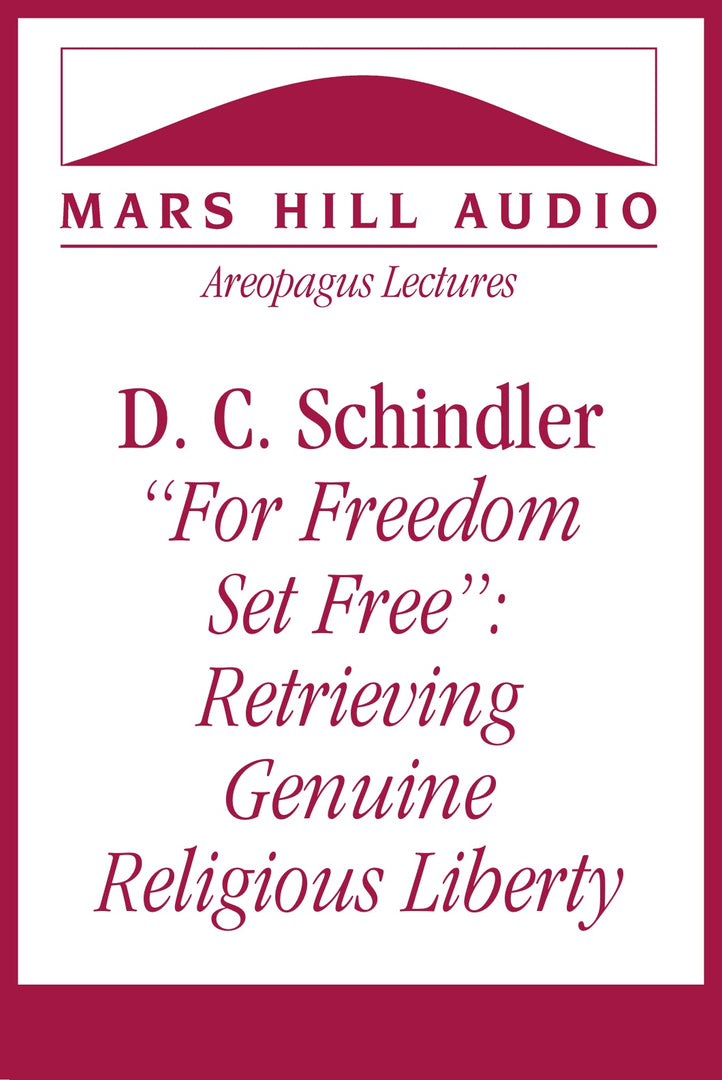
Modern liberalism, by contrast, has stepped outside of the Christian tradition and its synthesis of Jewish, Greek, and Roman thought. While religious freedom as it is understood today gives the impression of being amenable to religious faith of all types by claiming neutrality, it does so only by making all religions matters of private faith and preference. Religion, which historically has made ultimate and authoritative claims about reality, is reduced within modern liberalism to mere opinion. Through institutional obstruction of ultimate claims, modern liberalism threatens not only our protection from coercion, but ultimately the very meaning of nature, human and otherwise.
When St. Paul tells the Galatians that “for freedom Christ has set us free,” argues Schindler, he is not only referring to freedom understood in moral or theological terms, but also to freedom that is political and historical, as well as natural and metaphysical. In other words, the freedom for which Christ has set us free encompasses all of reality and all of human experience.
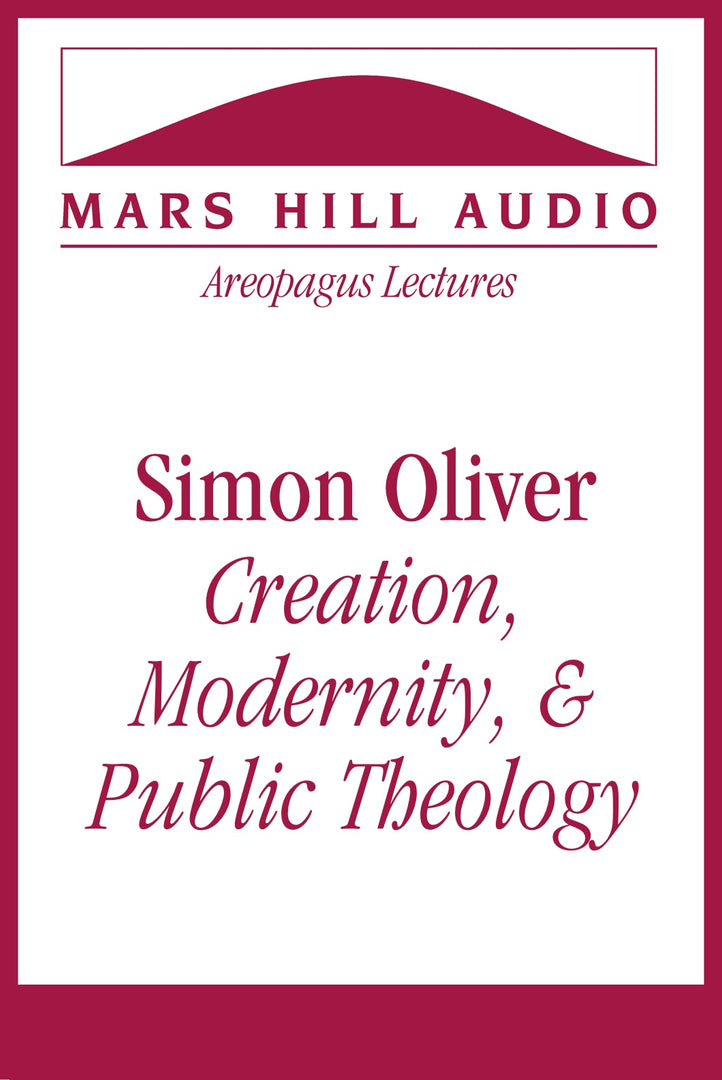
What if our understanding of creation “as origin” is inadequate? Can a misunderstanding of creation lead to unhealthy and harmful cultural institutions?
The fall 2017 Areopagus Lecture, entitled “Creation, Modernity, and Public Theology,” featured canon-theologian, Simon Oliver on the traditional understanding of the doctrine of creation and on how some of our modern divisions and disputes are products of an insufficient framework for creation that developed during the seventeenth and eighteenth centuries.
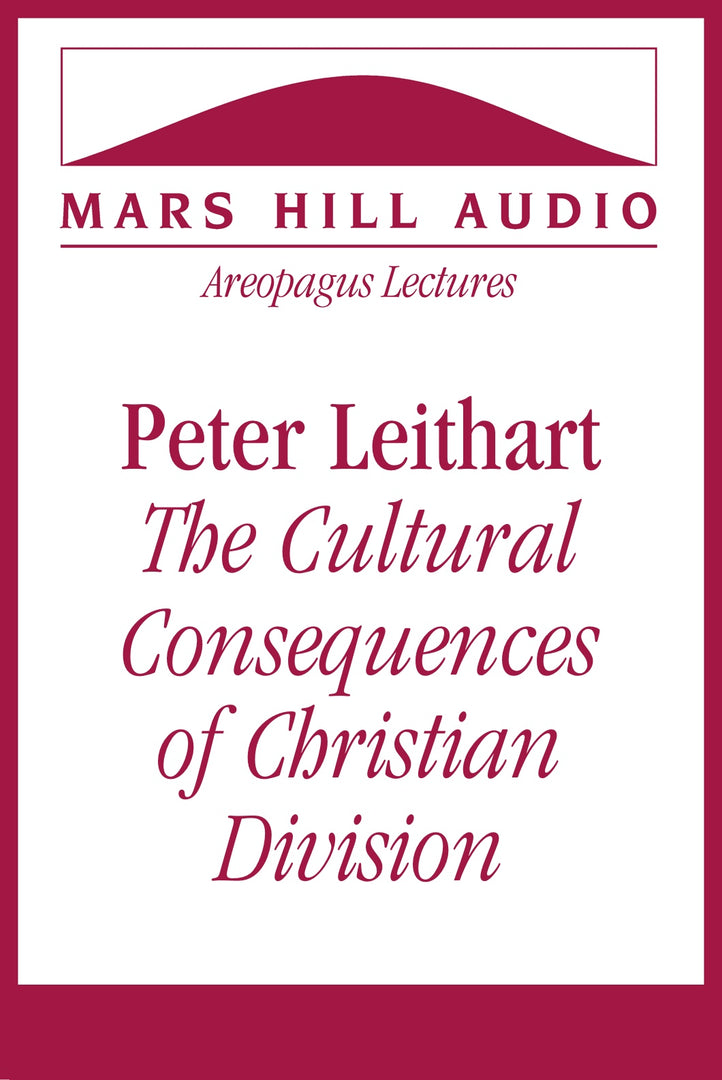
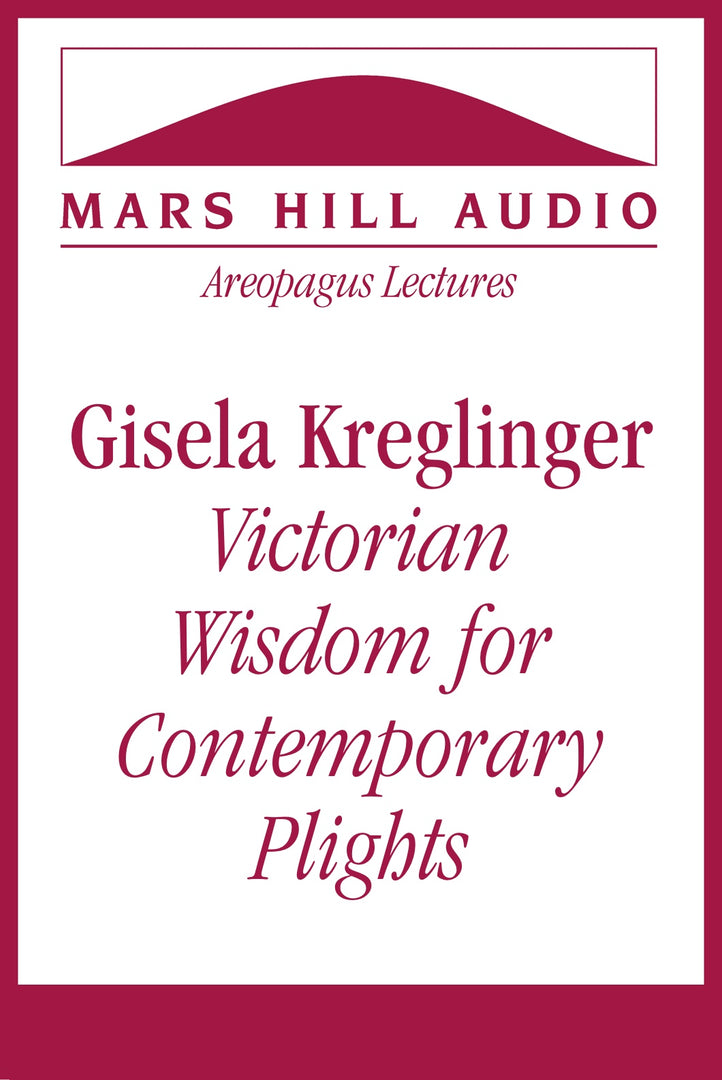
Drawing from MacDonald’s lesser-known fairytale, The Day Boy and the Night Girl, Kreglinger argued that MacDonald frames his account of gender roles according to the Genesis story of humanity’s Fall, emphasizing systemic sin and pathological patterns of relationships before addressing individual sins. By approaching the question of gender through universal human categories, MacDonald subverts oppressive gender stereotypes and illuminates how both women and men suffer from dehumanizing societal norms. But rather than positing individual gender identities over and against all others, MacDonald’s story shows how gender relies upon the weaknesses and strengths of its complement, such that ultimately human gender and freedom flourish through the act of self-giving love.
Since 1993, the Mars Hill Audio Journal has provided thoughtful interviews and commentary to thousands of listeners.
Now you can sign up for a membership and listen to almost everything we’ve produced for over 30 years, as well as many hours of content from Partner organizations.
